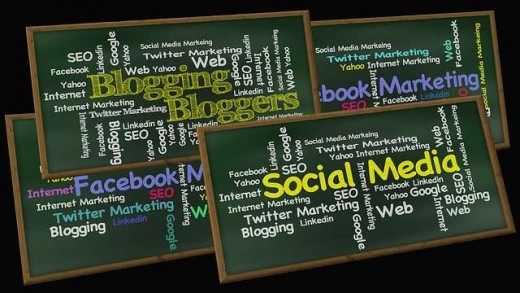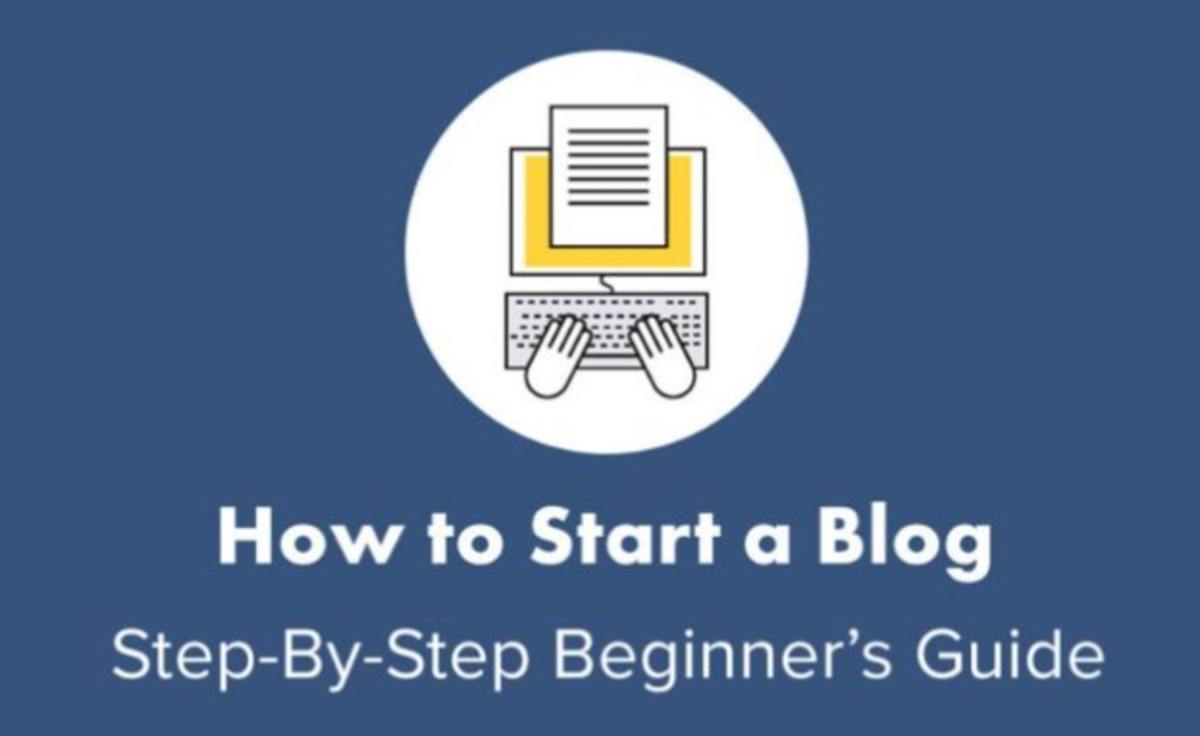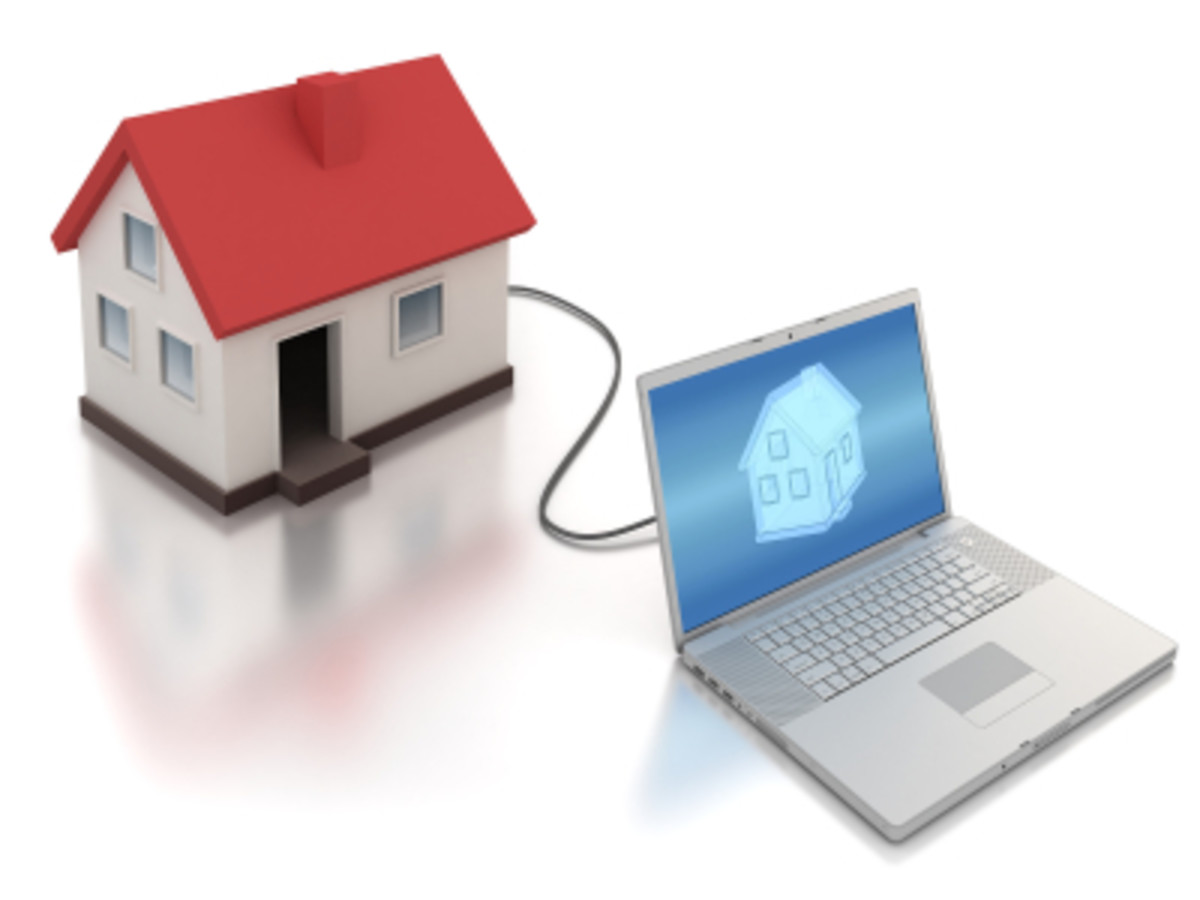How to start a blog: an absolute beginner's guide

Ready, steady, go!
Blogging is important part of every on-line activity. Many people set up a web site and think adding some basic info and a telephone number is enough, but reality is different. This is only a beginning. Although everybody's definition of success is different, a successful site is only the one which brings you traffic and costumers.
We can hear all sorts of rumors about search engines being whimsical, non stop changing rules, hacker's attacks, spammers, and so on, but reality on web was (and will be) always the same - you need content and you need promotion. Blogging can be useful at both aspects, but for this article, we'll focus on promotional part.
You see, the basic idea of blogs is interaction with the audience. Of course you can do that in many attractive ways. You don't only write for your readers, you can include all sorts of multimedia and start very lively discussions with your audience as well.
The good news is, we can set up a blog and begin posting in only few minutes.
The bad news is, there are certain skills you should acquire, if you want to get any measurable benefits from blogging. Otherwise, you'll end with two unsuccessful sites and a lot of wasted time.
(image credit: Pixabay, all used images are in public domain)
Free blog or your own domain?
Before you head-dive into blogosphere, you should make few important decisions.
1. Are going to incorporate your blog as part of your site or it will be independent (with its own web address)?
2. Will you use free or payed blogging service?
Please note there are two options in both cases, what leads to four possible combinations.
Let's explore pros and cons of all four options

Decision is yours
If your blog is part of the site, it gives so-called additional value in form of fresh content and different view on subjects already present on your main site. This is a huge plus, but it doesn't solve the problem of promotion. It also demands some specific knowledge on setting it up, which is not necessary at already existing and established platforms where somebody else takes care about everything behind the scenes - from servers running to guarding the site against hijackers.
If your blog is independent, it will not directly contribute to the value of your site, but it can help it to gain authority through links which are important part of everybody's on-line presence. Dealing with two sites will of course mean spending more time and money. You will still need more knowledge, as already mentioned above.
Main benefit of free blogging service is obvious: it is free. You can set a blog with simple registration through an e-mail account and few clicks. You will have a chance to promote your blog (and eventually your business what is your main goal) in a blogosphere where already exist millions of active writers and you can learn a lot from them too.
The downside of free option is simple - you will have to deal with some limitations. You will be limited with space, traffic (this limitations are not a problem for most of the bloggers), content (some kind of content is not permitted on free blogging platforms: this depends on you, but everything very promotional can get you banned from free blogging platform and in most cases you can't earn money with free blogging services (you can't set advertising campaigns for instance).
Payed blogging services give you more freedom, but you are still somehow limited. This option is best for people who already have some experience and clearly understand what are they paying for.
You don't need a fancy office and dozen employees to blog!

Your valuable feedback
Which suits you best?
There are many books on the subject
Among many great books you should choose only one for start. The series 'For Dummies' is made for total beginners and this is even more true for books from the area related to computers.
Blogging for Dummies is no exception. It covers everything you need to know if you want know how to start a blog and gives you plenty of tips to make it successful. Having some fun on the way will not hurt either.
So - step by step tips plus humor equals my sincere recommendation.

Starting a blog

Before you dive in ...
Most beginners start blogging on free platforms to get the feel, if this suits them or not. Yes, having a blog is great, it can give you tremendous advantage on your competition, but if you are not going to invest some time in it, you should opt for one of other on-line of off-line options for promotions, like printed advertising. Many successful sites on the internet don't need a blog for their support and yours is maybe one of them.
If you decide to give it a go, you should decide which platform suits you best and register. There are many interesting blogging services available and there is not clear rule which one will work best for you. No matter where you will start, you will have to choose:
- a username (could be your real name or something related with the theme of your blog);
- your theme (could be related with your business or just anything in general);
- name of your blog (again: related with your theme, if you have any, or your main site which you want to promote);
- your avatar (could be you photo or any other picture, but don't skip this step, if you want to give impression of authentic).
5 Min Tutorial
You have to start somewhere and this is it!
By the way, YouTube alone offers enough how-to tutorials about blogging with more or less specific themes, to spend the res of your life learning only. But you won't do that, because the successful bloggers are hard workers who are willing to learn from others and experiment with their own content.
While this is an example of starting a free log on Wordpress.com, it is useful for every platform. Wordpress is not only the name of the free blogging service, it is also the name of the most popular CMS (Content Management System) in the world, which is highly efficient and completely free as well.
Most popular platforms at the moment
Don't expect right or wrong answer here. It all depends on you, but starting with one of these certainly can't hurt.
Here are the winners:
1. Wordpress
2. Blogger
3. Tumblr
What would i recommend to a beginner? If you want to learn as much as possible and have long term goals, go with Wordpress. If you want an easy way with option of monetizing, Blogger will suit you better. If you aim at younger and very active audience, Tumblr is your best bet.
But check all three - I use them all!
Here are few examples on most popular platforms:
Here are examples of blogs I am particularly fond of. Only one is written in English, but you'll probably want to check layouts first, so don't bother with the content at the moment.
- All sorts of tips for working on-line
One of my favorite blogs (it is in Slovene language). Set on Wordpress.com - Blog about vintage art
This is in Slovene language too, but works on Blogger. - Art in black and white technique
Vintage art in black and white colors on Tumblr.








